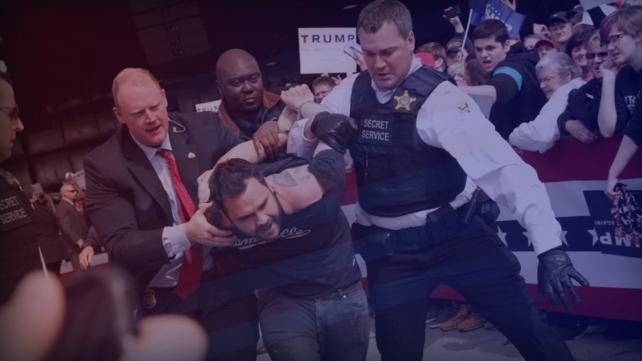
The Carter Center has developed the following core principles to guide citizens through this election and help reduce the risk of unrest:
- Our governance system, is, to paraphrase our founding father John Adams, a “system of laws not men.” The pandemic, and the unusually fierce competition between the leading parties this year, may give the impression of disorder and risk, but the professionalism of the overwhelming majority of election officials, coupled with our election laws, regulations and court rulings, provide a solid foundation for our elections. Our laws are capable of addressing issues of current concern, such as voter intimidation and fraudulent voting and provide processes for legal resolution of election disputes. The laws provide what is needed for a successful election in 2020.
- By now it is well established that the tabulation of results may take longer this year. The reason for a longer process should be clear and uncontroversial: the need to ensure the accurate counting of ballots cast this year by voters who choose to use alternatives to voting in person on election day in response to the risks presented by the Coronavirus. These alternatives, specifically voting in person during early voting periods and voting with an absentee ballot delivered by mail or other means, have been used safely in many states for many years. Indeed, in the case of absentee ballots, the American military has safely used this option for more than 140 years. These forms of voting are not new, they are tested, secure, and prescribed by law. Likewise the counting and tabulation of results will proceed in accordance with established and tested procedures, nothing is different other than the possibility that results may take longer to be known than previously. There is no reason for that to be a source of concern or agitation.
- No election is problem free, and we should be prepared for reports of problems in some places. The guiding principle is that the validity of election results can only be called into question if problems reach a level that they potentially impact a greater number of votes than the margin of victory.
- If problems occur, there are laws and processes in place to address election disputes. Political leaders should refrain from unsubstantiated claims, which may undermine trust and lead to unrest. A recent report by the National Task Force on Election Crises concluded, “There are processes and standards in place for adjudicating post-election disputes under both state and federal law. Indeed, post-election disputes and related litigation have become an expected—if not relatively normal—part of elections in this country. It is important for voters and the general American public to understand that anyone with actual evidence of fraud, misconduct, or other irregularities in an election has a forum (maybe even more than one) for making and proving such allegations.”
- There will be disinformation, false statements, and efforts to undermine the confidence of voters in the results, much but not all from foreign actors. Citizens should be careful what information they send to others, and should seek out different perspectives as they form their opinions. We should also not underestimate the ability of the American people to recognize and resist false claims and manipulation.
- The United States has thousands of election officials around the country, and surveys of these officials illustrate their strong dedication to a fair and impartial process.
- Lastly, all Americans should cherish our heritage as the first country in the modern world with an elected head of state, and the first country where challengers for the position of head of state, and incumbents in that position, accepted the will of the people as the determining factor in the deciding the leader of the country. Acceptance of the will of the people is perhaps America’s greatest innovation, an invention that has brought peace and prosperity to countries emulating our example around the world. All political leaders, and all citizens should honor this legacy by preparing in advance of the election to accept whatever result is rendered by the people.





Add new comment